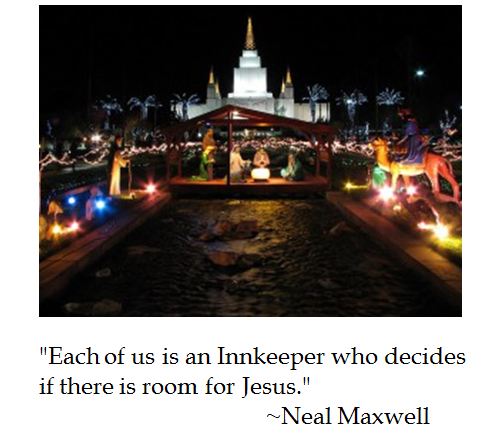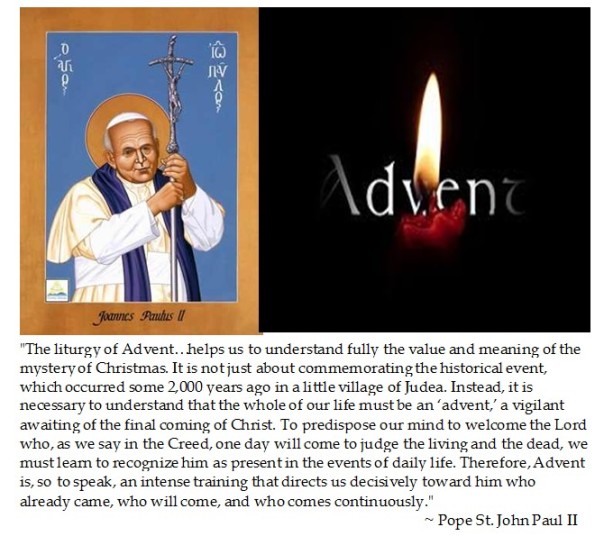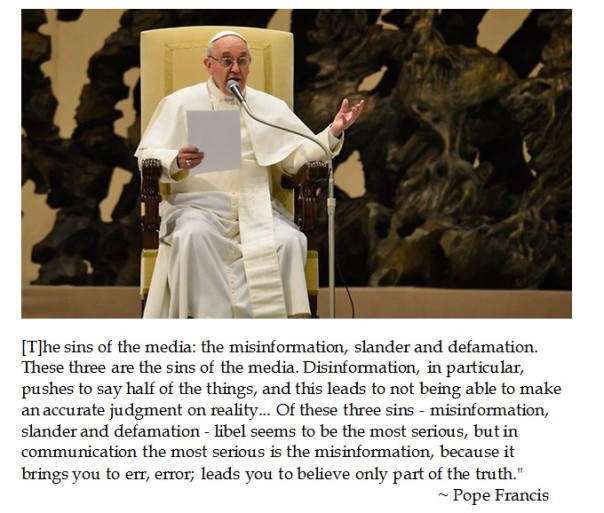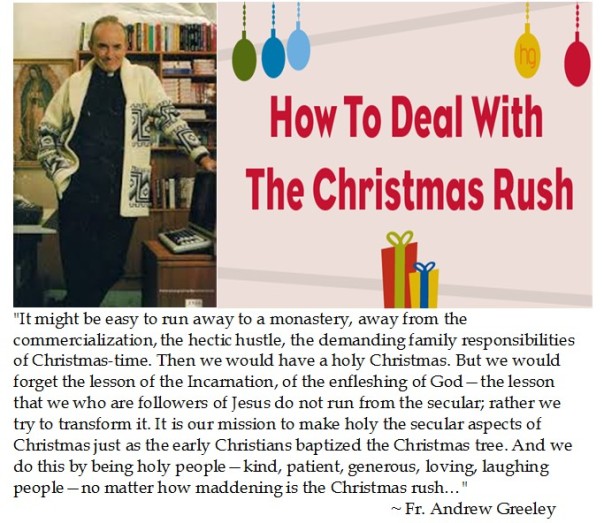Sister Hatune Dogan is a Universal Syrian Orthodox nun who does field work through "A Helping Hand to the Poor" dedicated to aid persecuted Christians, especially in Syria and Iraq.
Sister Dogan has been outspoken not only in calling out Muslims for their religious intolerance but also for Western complicity in not helping persecuted Christians. Sister Dogan's perspective from living in Syria noted that 95% of what was reported in the West about the Free Syrian Army (from which ISIS sprang) was wrong.
At the Defense of Christians Inaugural Summit in September, Sister Hatune decried the mainstream media's blindness to the slaughter, raping, ransoming, crucifying and killing of Christians in the Middle East.
Among the "thousands of stories" of Christian persecution, Sister Hatune recounted:
“I met an Iraqi girl, five-and-a-half-years maybe, and they kidnapped her. I met her at seven-and-a-half-years. Until today, she [will not] say, no one knows, what happened to her, because she was misused. They [were] paid $30,000 dollars to release her. They released her, but under that condition. I am sorry for her. That was the youngest girl that I met. She was misused.”
Paying a ransom is no guarantee of being freed from a hell on Earth. A 21 year old Jordanian woman was abducted and repeatedly raped her. When these savages were not satisfied the ransom money, they cut her face in different ways. Sister Hatune saw with her own eyes 280 girls who were kidnapped and misused by Muslim men and then had their breasts and "other sensitive areas" cut. Sadly, these stories of horrific brutality were ignored in the American Mainstream Media to instead focus on the Ray Rice NFL reinstatement saga.
Moreover, Sister Hatune inveighed against the open immigration policies in Sweden favored Muslims rather than the persecuted Christians from the Middle East.
As we reflect upon the year that has past and make new year's resolutions, we ought to contemplate the lack of religious liberty and our collective lack of reaction to such deplorable deprivations in the Middle East and to a lesser extent at home in the West.
h/t: Media Research Center
















